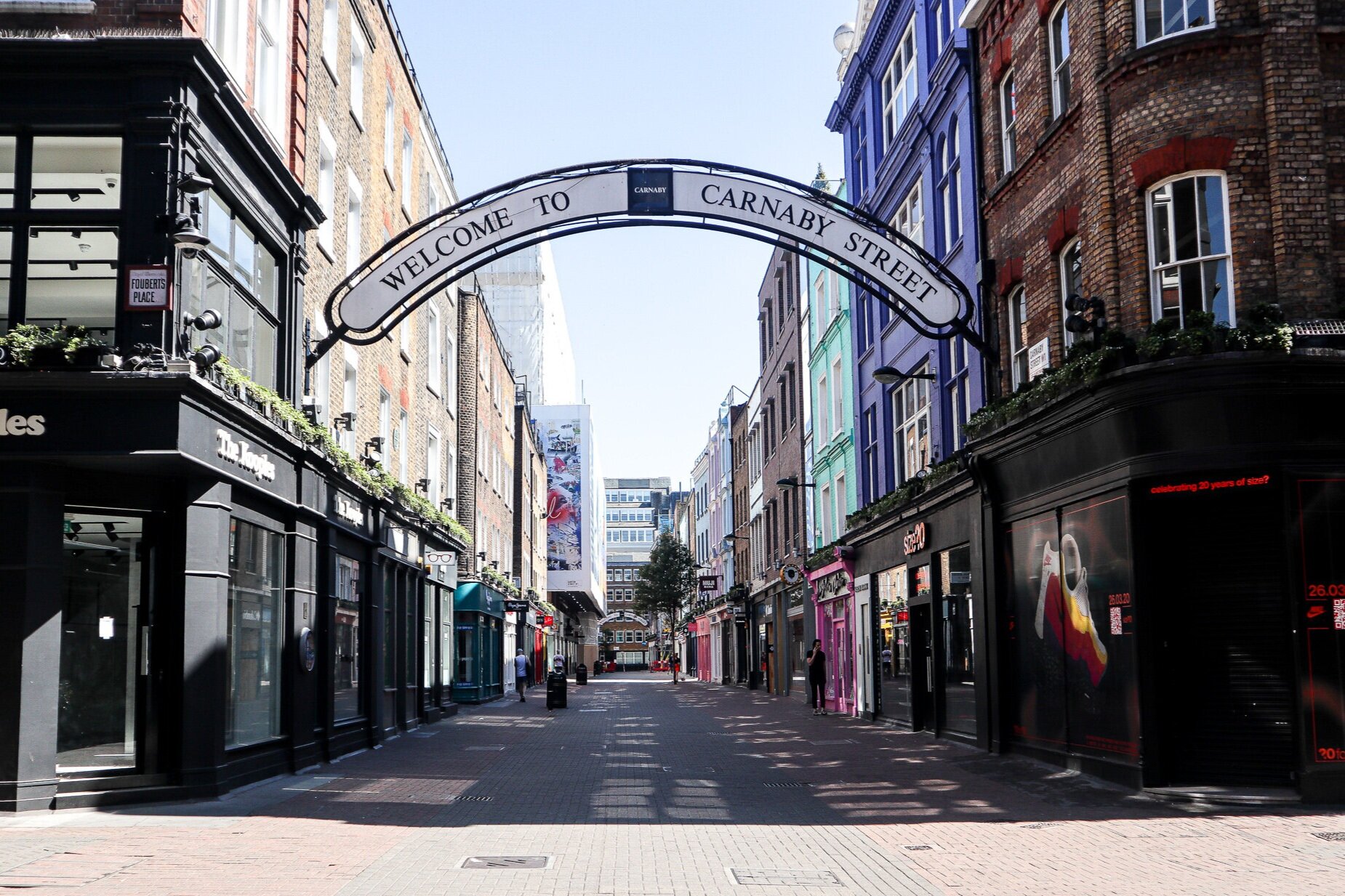Why have female leaders been so successful in handling the coronavirus pandemic?
In the last few weeks, the UK has watched as its European neighbours have started to reopen shops, meet with family members and enjoy some semblance of life before lockdown. Like a naughty child, confined to its room, watching his friends from the window as they play outside, the UK public have become increasingly frustrated.
Although the outbreak of coronavirus is a global pandemic, nations around the world have responded differently with countries such as Germany and New Zealand having relatively more success compared to the UK, America and Brazil who have experienced the highest death tolls. In order to understand why some have been more successful than others, we must look to their leaders. What do Germany and New Zealand share that the UK and America don’t? Female leaders.
Quick action
On March 11, the World Health Organization declared that the coronavirus crisis could be classified as a global pandemic which should have been the first encouragement for leaders to take more drastic measures. Whilst New Zealand’s Prime Minister, Jacinda Ardern, took the decision to take her country into full lockdown on the 13th of March, others – namely the UK and America – were delayed in introducing measures to slow the spread of the virus.
Closer to home, Germany’s chancellor, Angela Merkel, took the decision to place the country in lockdown on the 21st of March, just two days before the UK. However, prior to the lockdown Germany had been taking other preventative measures to counteract the effects of coronavirus including cancelling major events and stockpiling necessary equipment. Additionally, although Germany had recommended cancelling all events with more than 1,000 in attendance on 10th March, the UK still allowed the Cheltenham Horse Racing Festival to go ahead. As a result, at the time of writing, the UK has witnessed over 39,000 deaths from coronavirus whilst Germany has experienced just over 8,600. Evidently, quick and decisive action has been a clear contributor to controlling the spread of the virus.
A clear message
Image: MTotoe
What has also been noticeable among female leaders who have successfully managed the crisis, is their clear messaging. In contrast, the UK has not witnessed the same level of clarity.
Despite Boris Johnson being very clear in his speech announcing lockdown on 23rd of March (“From this evening, I must give the British people a very simple instruction – you must stay home”), as the weeks have gone on his government have been criticised for their lack of clear messaging. On 11th of May, Johnson relaxed lockdown guidelines using what Joel Golby described as a “threat-level graphic stolen from the Nando’s peri-peri sauce-meter”. Construction workers were told they could go back to work and garden centres could re-open, but that we needed to stay alert, not really meet other people (but apparently you could if you stayed two metres away) and still not go to work. The lack of clarity resulted in the public flocking to Hyde Park with their picnics and comedian Matt Lucas releasing a video parodying the speech.
Rhetoric
Additionally, resurrecting some favourited American discourse, Donald Trump has repeatedly talked about America being ‘at war’ with coronavirus describing his citizens as ‘warriors’ who need to take on the threat. Merkel too referenced war in a speech on 18th of March: “not since World War Two has our country faced a challenge that depends so much on our collective solidarity”. By contrast, Merkel taps into the sense of unity in wartime as opposed to the aggression and violence Trump promotes.
New Zealand also adopted a stance of unity through its campaign, “Unite Against COVID-19”, a much more positive and harmonious message. In both New Zealand and Germany, the language has had the effect of enforcing a sense of public duty and that working together will bring an end to the pandemic.
That the world will have learned lessons from this pandemic is indisputable. Aside from what we’ll have discovered about the value of small acts of kindness, the importance of our National Health Service and the cost of not acting soon enough, one of the most significant take homes of the coronavirus situation is the merit of strong leadership. This is not leadership that appears strong by declaring war on a virus or one that staves off protecting people’s health for the sake of the economy, but one that recognises using a rhetoric of coalescence and implementing decisive action is the most effective way to save lives.
Words by Emma Chadwick











